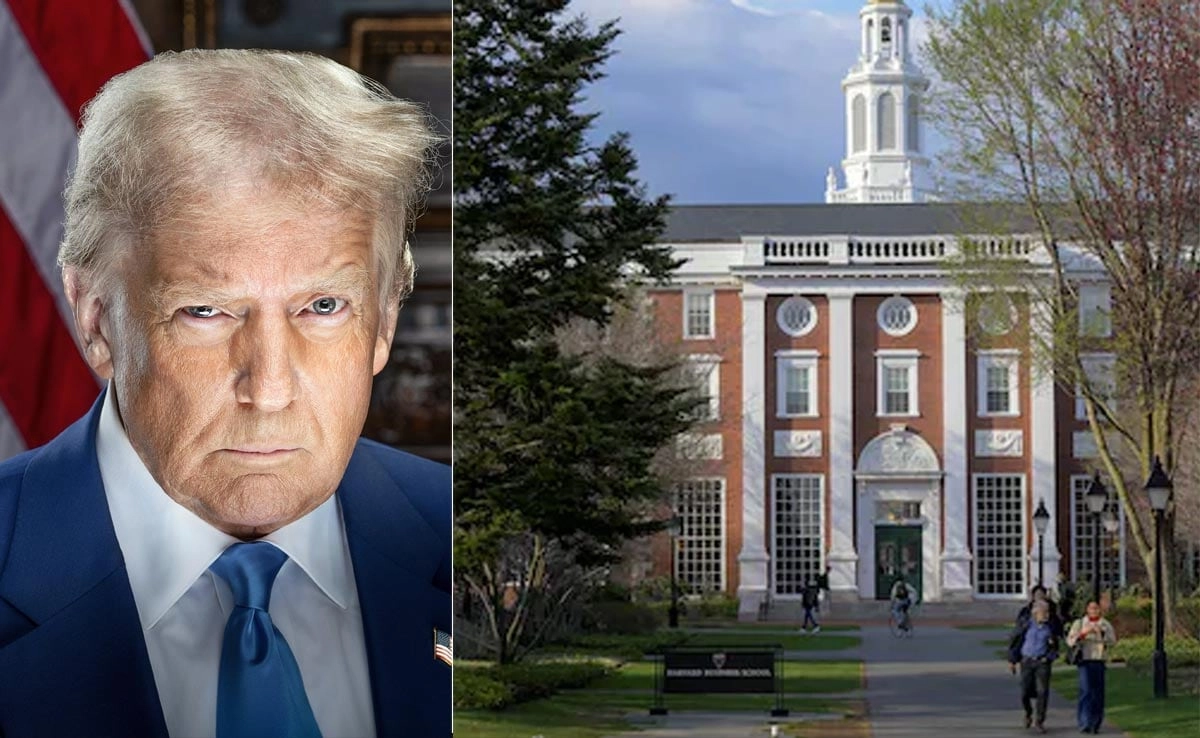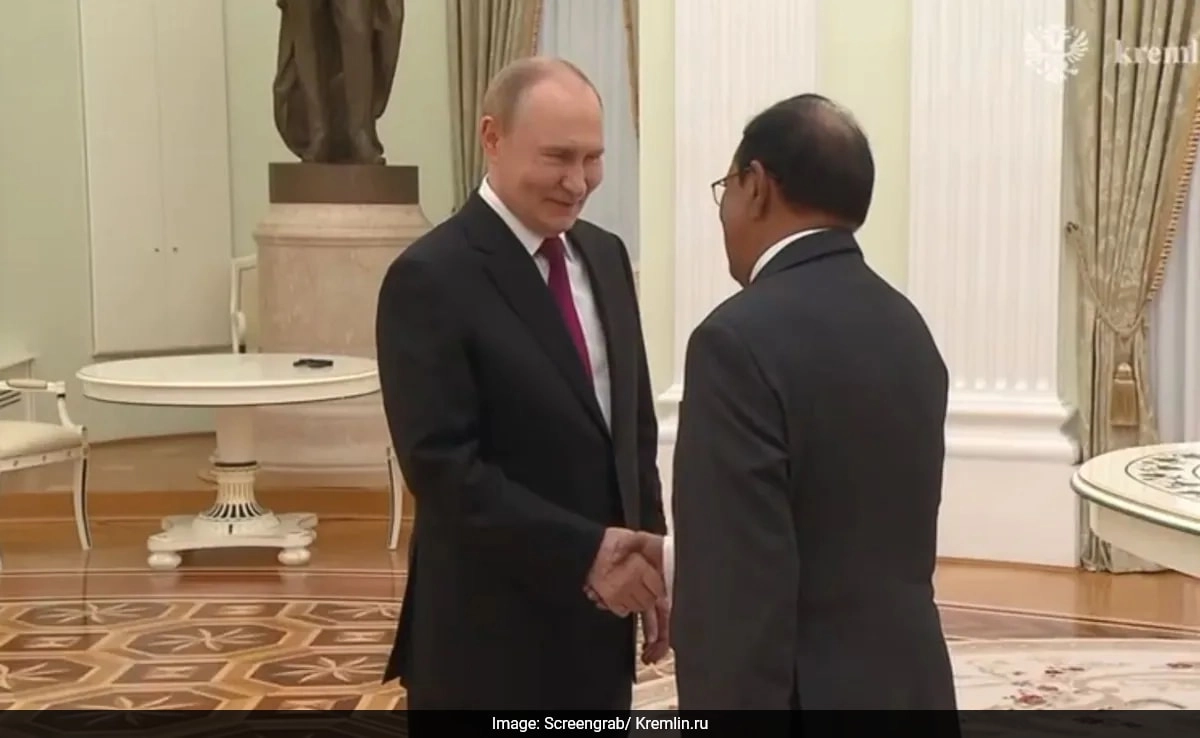Harvard University has come under scrutiny due to its extensive connections with foreign entities, particularly those in China and Iran, raising significant national security concerns in the United States. As one of the leading academic institutions globally, Harvard’s collaborations with international partners have been scrutinized for their potential implications on U.S. security and intellectual property. Reports indicate that the university has engaged in various partnerships, research initiatives, and funding arrangements that could inadvertently expose sensitive information and technologies to adversaries. This situation has prompted government officials and national security experts to question the appropriateness of such collaborations, especially given the geopolitical tensions with these nations.
The university’s relationships with Chinese and Iranian institutions have sparked debates about the balance between academic freedom and national security. Critics argue that these affiliations may lead to the transfer of critical technologies and research insights that could bolster the military capabilities of these countries, further complicating the already delicate U.S. foreign relations landscape. As a result, there have been calls for increased scrutiny and transparency regarding foreign funding and partnerships in American universities, particularly those with ties to nations that have demonstrated hostile intentions toward the United States.
In response to these concerns, Harvard and other institutions are now facing pressure to reassess their foreign collaborations and implement stricter oversight mechanisms. This includes thorough reviews of funding sources, research partnerships, and the potential implications of sharing knowledge with foreign entities. The U.S. government has also ramped up efforts to address these vulnerabilities by introducing policies aimed at safeguarding academic research and ensuring that sensitive information does not fall into the wrong hands. The situation reflects a broader trend of heightened vigilance regarding foreign influence in U.S. academic institutions, marking a shift in how universities manage their global engagements.
As the debate continues, the implications for academic institutions are profound. Institutions like Harvard must navigate the complexities of maintaining their global standing and collaborations while ensuring they do not compromise national security. The challenge lies in fostering an environment of academic inquiry and innovation without jeopardizing the safety and security of the nation. As these discussions unfold, it remains crucial for universities to strike a careful balance between openness to global collaboration and the imperative to protect sensitive research and technology. The situation serves as a reminder of the intricate relationship between academia, national security, and international relations in an increasingly interconnected world.




